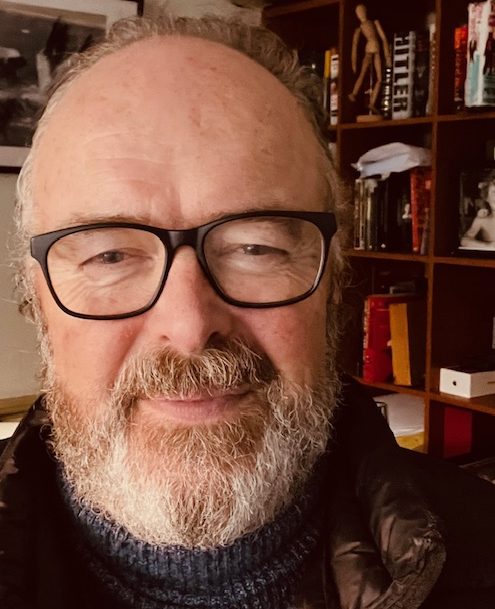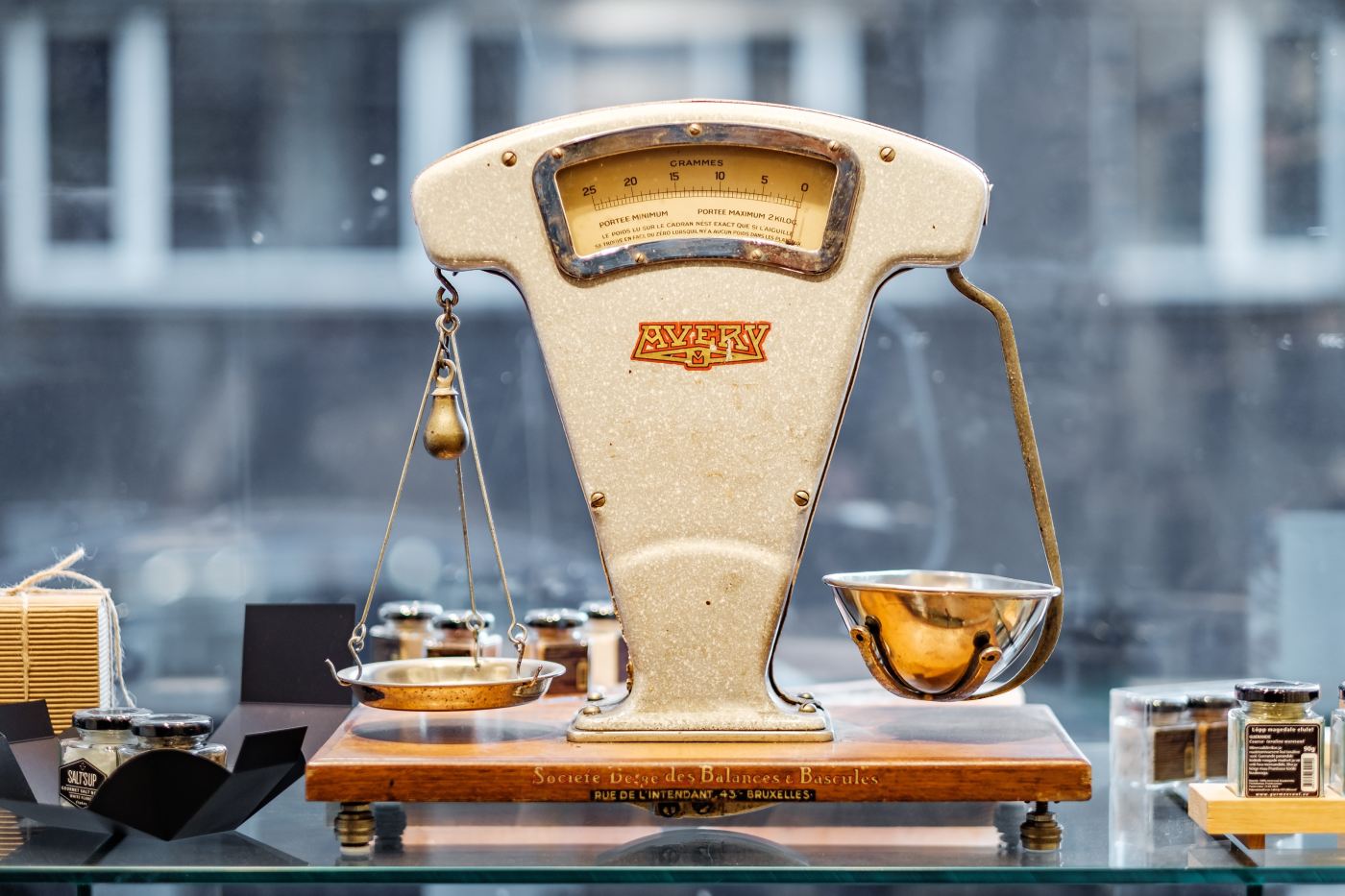The furore around Stephen Nolan continues. The Irish News has published a story, following a long investigation, and legal appraisal, which has a number of elements that put the man and the BBC under a microscope.
Briefly the story involves the sending of pornographic photographs, staff needing counselling, the promotion of divisive stories, called “ra ra” moments, and the possible seeding of the audience for Nolan Live with staff members, now denied.
Stephen Nolan has now apologised for one element of the story, the sending of a photograph, but that apology seems to be somewhat misleading, as there is no mention of staff, or others needing psychological and psychiatric help.
While Mr Nolan is the centre of the story, BBC NI also has a lot of questions to answer. I have taken an interest in this over the past number of years, as I believe BBC NI has not acted impartially in the presentation of politics in a balanced manner. The spark was the number of times Mr Jim Allister began to appear on both the Nolan Show radio programme, which has one of the highest ratings in NI, and Nolan Live, on television. His appearances were hugely disproportionate to the mandate he achieved in elections.
Why does this matter?
The BBC is funded by a license fee, which is mandatory for all households that have a television. If we look at that in context of the number of voters that an MLA gets, we can see that the BBC is not treating licence fee payers equally.
I began pay attention to this around 2017. These were the election results.
In the 2017 Assembly Election, the TUV had 20,523 first preference votes. 2.3% of the total. If all those voters (and many will be in the same household, but stick with me, it is an example) were to pay the licence fee of £147.50 per year they would be contributing £3,270,142
The DUP had 225,413 FP votes contributing £33,248,417
SF had 224,245 FP Votes contributing £33,076137
Airtime has value. If you were an advertiser on radio in NI, you would pay approximately £1000 a minute for advertising space. Why? Because we are influenced by what we hear. Brand awareness is created by hearing a name of a product or service over and over. We may believe that we are not influenced, but when we need to purchase a product, we are more likely to select one we “know” from it being advertised. (I worked in advertising for 35 years, on campaigns that spent £millions trying to influence you).
So, when Jim Allister is given a fifteen-minute slot on Nolan, he is getting the equivalent of £15,000 of airtime, free. Were it a one off, then there is no issue, but when he is on multiple times it starts to have an influence.
I called the then Director of BBC NI, Peter Johnson, to make him aware of my concerns, on the Wednesday, 19th February. He told me that as Stephen Nolan asked Allister tough questions, there was nothing to worry about. Allister was then on air on the 20th, 21st, 24th and 25th. Four days in succession. So much for my influence. That give him another £60,000 of airtime. If we take it that he was on four times a month in 2020, which would be quite possible, but impossible to verify, as the BBC told me they don’t keep records (which is almost unbelievable for a public broadcaster), then we would be looking at an airtime value of £720,000. More than any advertiser spends on radio in Northern Ireland. Add in the value of numerous TV appearances, and because of a high profile, more coverage in other channels, including the press, the Nolan platforming of Allister gets to approximately £1,000,000 per annum. With an electoral mandate of 2.5%.
Where the DUP or SF allocated a pro rata amount of time, based on their democratic mandate, they would require 12 times as much.
If every party was given exactly the same amount of time, and forget the mandate, each TUV voter in 2017 would be getting airtime to the value of £48.70p A DUP or SF voter would be getting £4.44p. The TUV licence fee payer has over ten times the return on their money.
It was no surprise to me that come the 2022 election, the TUV vote went up. The amount of coverage was always going to have an impact on our democracy. The share of first preference votes went up 5.1% to 7.6%.
Now you may say that is simply because more people support the stance of that party. I would suggest it is because the frequency of hearing from that party was the main cause of the upturn. Without the Nolan show, the TUV visibility would have been much smaller, and therefore attract fewer votes. It was as if they had party political broadcasts all year round, and not simply when the election is on.
The fault lies with the management of the BBC in Northern Ireland. A broadcaster has been given free licence to do as he wants. The BBC guidelines for political programmes do not seem to apply, as it is deemed an entertainment programme, yet every day politics is the driving force for stories.
Why is it important.
Northern Ireland has a troubled history, and at the core of that is the failure of democracy. Democracy and one man one vote are not synonymous. A good democracy enables all the people’s opinions to be heard, for people to be treated as equally as possible. One man one vote only works if there is potential for change, with two almost equally balanced groups and a floating electorate that can be persuaded by different policies.
In Northern Ireland one man one vote failed. The same people got elected every time, and a Unionist majority was guaranteed. One man one vote wasn’t even available for local council elections, where property ownership was required to get a vote, limiting the democratic power of the working class in both communities.
It is incumbent on BBC NI to strive harder than anywhere to ensure balance and equality. Northern Ireland is a tinderbox of potential violence. The GFA was designed to ensure fairness and a better democracy, the BBC must be fair and be seen to be fair. The management should be more focussed than in any other part of the UK because of our past. The idea that to get ratings it is acceptable for the Nolan Show to have what they seem to call a “ra ra” approach to provoking dissent and division is not just bad management, it is dangerous.
Hiding behind words like “commercially sensititive” “invesitagtions” “appropriate actions” is not good enough in our society. It is essential that we are given open and honest accounts of how decisions are made, how balance is ensured, who appears most often, and it is scrutinized.
We pay for the BBC. We are the shareholders. We are the potential victims of the distortion of democracy, it is time for a radical change.


Leave a comment